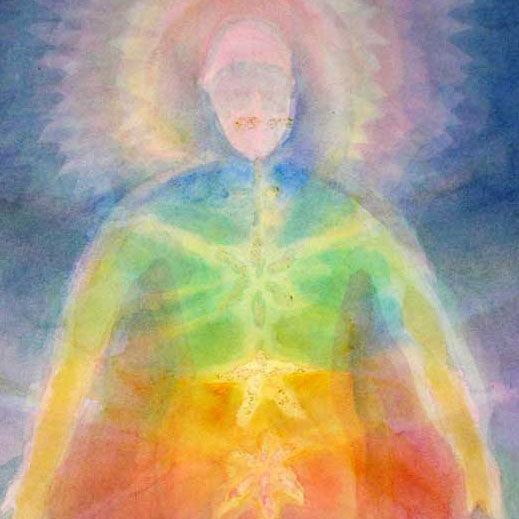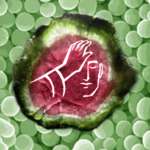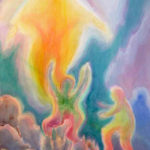Listen Online
Downloads
These presentations form a short course on the fundamental language that composes what Rudolf Steiner called mystery wisdom. Mystery wisdom is the teachings of the perennial philosophy presented in a context that addresses the soul issue present for human beings who are searching in vain for eternal teachings in the present technical world view. The perennial philosophy teaches that after physical maturity is complete in human beings, there arises another dimension of maturity involving the recognition and evolution of incomplete elements in one’s own soul. This dimensional shift may or may not be accompanied by the urge to move these elements into a more mature phase of being. If there is an impulse to change, the shift in consciousness needed requires that a person find and dialogue with the undeveloped parts of the soul in order to integrate them back into the larger perspectives of the higher self. Carl Jung called this search individuation. He advocated a training in alchemical symbolic thinking as an aid in this arduous work of self transformation.
These five presentations are meant to serve as an introduction to the work of the mystery wisdom found in the wise teachings of Rudolf Steiner, Carl Jung and many others who in the past have tread this path of self development and have left signposts for us who follow to enable us to work effectively into the future.
The following excerpts and lectures will lead to a fundamental understanding of the language of the contemporary path of initiation for western people. The contents draw on many sources but rise out of the root of the work of Rudolf Steiner.
- Lecture 1 – The four subtle bodies: 16 min.
This segment is excerpted from the first lecture in the Great Passage series. The topic is a visualization of the esoteric concept of the four subtle bodies and describe the structure and function of the life of the soul. - Lecture 2 – Survey of the soul bodies: 15 min.
This lecture is excerpted from the Great Passage series. It takes the description of the four subtle bodies into a description of the soul forces that are contained in the four subtle bodies. - Lecture 3 – The great paradox: 12 min
Excerpted from the Great Passage series. The topic of this segment is the split between the soul’s experiences of sense impressions while within the physical bodies and the soul’s experiences after death without the sense impressions. - Lecture 4 – Subtle bodies and chakras: 9 min
This excerpt describes the relationship between the sensory apparatus of the brain and the thought forming process contained in the glandular patterns known as chakras using the myth of Cain and Abel as an illustration. - Lecture 5 – Myth and soul conflict: 75 min
This lecture deals with the structure of the soul and spirit in the context of waking and sleeping and the implications of those shifting relationships for human evolution. Excerpted from the Myth of Me series. - Lecture 6 – The seven levels of the will: 68 min
This lecture deals with the structure of the will in the inner life of the human being and the implications of these different levels of will in the task of self development. - Lecture 7 – Will Exercises: 23 min
Describes will exercises prescribed by Rudolf Steiner for the purpose of soul transformation.
![]()
Dennis Klocek, MFA, is co-founder of the Coros Institute, an internationally renowned lecturer, and teacher. He is the author of nine books, including the newly released Colors of the Soul; Esoteric Physiology and also Sacred Agriculture: The Alchemy of Biodynamics. He regularly shares his alchemical, spiritual, and scientific insights at soilsoulandspirit.com.
Further Exploration
Related
Creating Healing Rituals
A transformative workshop series on ritual and consciousness led by Dennis Klocek. In this audio workshop Dennis Klocek presents ritual practices from the past as a foundation for forming contemporary healing rituals based on the medical indications of Rudolf Steiner. He explores the challenges posed by modern sensory overload and shares strategies to navigate them,…
From Struggle to Gratitude: Searching for Clarity
In this profound series, Dennis teaches about human physiology and the learning process from a spiritual perspective. The series revolves around concepts from Karl Koenig and Rudolf Steiner, and aspects of struggle, gratitude, understanding the role of the ‘I’ and ‘Me’, and the importance of embracing uncertainty. He addresses the implications of fear, anxiety, humor, rhythm, and the significance of art and story as transformative tools.


